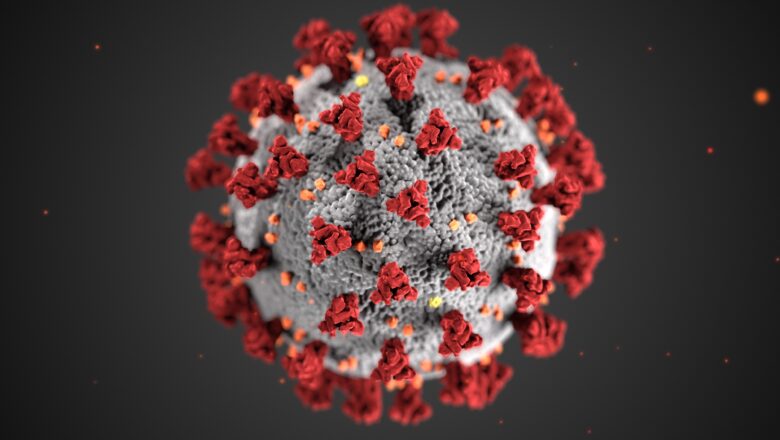
Viral Hepatitis: Types and Prevention Methods
Viral hepatitis is an infectious disease that represents a serious public health problem worldwide. It occurs due to viral infections that cause liver inflammation. It can cause serious health problems in the long run. This article will provide detailed information about viral hepatitis and the global health measures taken for its treatment.
Types of Viral Hepatitis
There are various types of viral hepatitis. However, the most common are types A, B, C, D and E. Each of them is caused by different viruses. They differ in terms of their symptoms, ways of spreading, and course of the disease.
1. Hepatitis A (HAV): HAV is caused by a virus transmitted through the fecal-oral route. It is usually spread through consumption of contaminated water or food. It is possible to prevent hepati...

